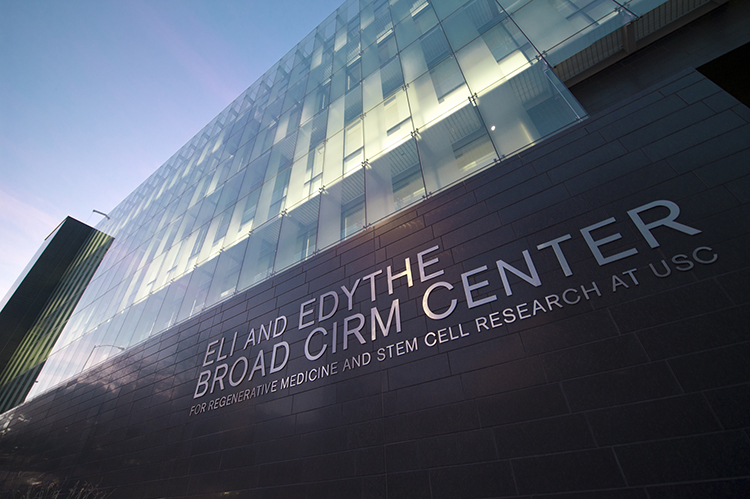
Deadline for Letters of Intent: March 17, 2013
A new USC initiative will support collaborative research in regenerative medicine and stem cell biology across the university, facilitating the critical move from basic research into clinical applications.
The USC Regenerative Medicine and Stem Cell Research Initiative — spearheaded by Keck Provost Professor Andrew McMahon — will draw on existing research strengths and develop these strengths through strategic collaborations that reflect the imperative of working across academic units and campuses in order to successfully harness the promise of regenerative medicine.
To jumpstart the USC Regenerative Medicine and Stem Cell Research Initiative, Carmen Puliafito, dean of the Keck School of Medicine of USC, has put forward $1.2 million for a new set of seed programs, available to interdisciplinary research efforts involving groups of faculty from across multiple schools at USC. The awards are open to faculty of any rank or type.
“There is no doubt that stem cell research will play a critical role in developing tomorrow’s medical breakthroughs,” Puliafito said. “The Keck School of Medicine is committed to supporting multi-disciplinary science across the university that shows promise for one day helping patients at the bedside.”
The USC Regenerative Medicine Initiative 2013 Keck School of Medicine Research Team Awards will support regenerative medicine research in disease areas for which USC already has core strength, including cancer research, neural and sensory research, musculo-skeletal research, research on the respiratory and circulatory systems, and research on the digestive and metabolic systems. Research areas may include, but are not limited to, pre/clinical trial studies, stem cell biology, tissue engineering, organ regeneration and developmental mechanisms.
Letters of intent are due March 17, 2013. Successful proposals will be awarded $200,000 for the first year, with the possibility to renew for the second year upon review and approval by the executive committee. Applications must provide a realistic plan for sustained funding or support beyond the end of the award, and must also demonstrate that the award will make a difference in attracting further research support.
